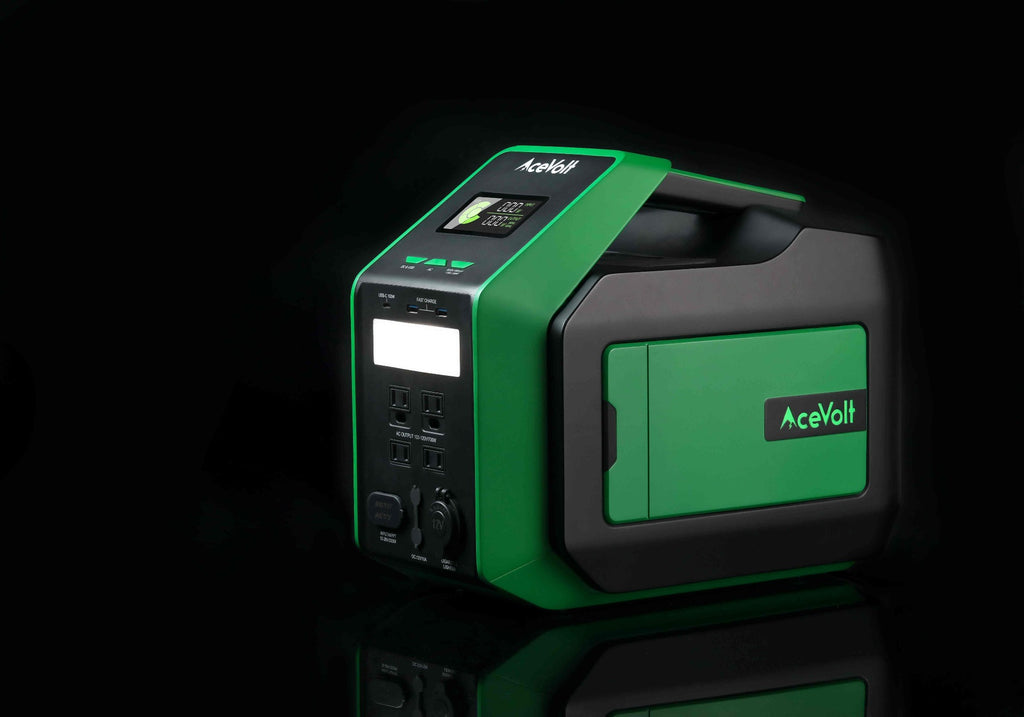
Why Lithium Iron Phosphate Batteries are Trending
What is LiFePO4 Battery?
Lithium iron Phosphate battery is one type of Lithium-ion battery. Lithium iron phosphate is the means that the LFP battery uses in storing Lithium ions. The rave of lithium iron phosphate batteries has increased over the years. The increasing rise of LIFEPO4 batteries worldwide can be traced to their capacity, affordability, and weight. These features make it different from the lead batteries. Lead batteries are heavy in structure and design, having a limited life span. Lithium batteries weigh a quarter less than lead batteries. In terms of functionality, it can dispense high power and current-voltage without overheating.
Its use is limitless in the world today. Therefore, it has become many manufacturers' choices in laptops, wristwatches, tablets, smartphones, and solar system design.
The Application of LIFEPO4
The LIFEPO4 has been adopted in various areas and fields. They include the following;
1. Use as storage bank of energy
The LIFEPO4 offers high operating voltage, no memory malfunctioning, low self-discharge speed, long cycle life, high energy density, and is eco-friendly. Lithium iron phosphate battery also allows for growth and massive energy collection. Energy generators may be used for urgent power systems, UPS power, distributed power, system high point shaving.
2. Use in industry with new energy automobile
Due to its safety and inexpensive cost, lithium iron phosphate batteries are commonly employed in automobiles, buses, trucks, and other low-speed electric vehicles. However, lithium iron phosphate batteries still have an incomparable edge in industries like passenger automobiles and logistical trucks. The inclusion of lithium iron phosphate batteries in prolonged electric cars may increase vehicle safety while also supporting marketization by removing concerns about pure electric vehicle efficiency, reliability, pricing, charging, and future battery difficulties.

3. Use in power station
The advantages of the LIFEPO4 battery make it an ideal component for the peculiarities of camping. It has been adopted by solar system designers, mostly in portable power stations. The off-grid lifestyle necessitates the need for a solar power station while camping. Deep cycled batteries like lithium iron phosphate are used in solar systems because it does not pack up after a complete discharge or overcharge as the acid–lead batteries. Asides from this reason, the battery can also store much current up to 100AH. Owning a portable power station is essential for RV or tent camping backup power. The 12v or 24 V is most suitable for building a portable power station. AceVolt Campower is a reliable name in mobile solar generators.
4. Use in other field
The military uses lithium iron phosphate batteries for their low-temperature, security, and long cycle life performance with other users.
You can always visit us at the Acevolt online store for any application of your choice.
Pros of LiFePO4
1. Longevity: Lithium Iron Phosphate is designed to be long-lasting. With proper use, the battery may last up to 10 years before replacement is needed. The battery's life span makes it possible to overlook the purchase cost. Lithium iron phosphate cycle life extends over 2,000 complete discharge cycles, which can be increased depending on the depth of discharge.
2. Low maintenance: managing this battery type is less economical and easy. Disposing of it after use does not cost either the LFP battery manufacturer or user.
3. Weight and cycling: The LIFEPO4 battery is less in weight than the traditional lead batteries, which are heavy. They weigh about four times an LFP battery. For comparison, the conventional lead batteries only cycle 300-500 rounds before failing, unlike LIFEPO4, which cycles 10,000 rounds before they fail. These two characteristics render lithium iron phosphate batteries flexible. Other uses for LifePO4 technology include small electric cars and trash trucks.
4. Environmental-Friendly: battery disposal is a significant cause of environmental pollution in the United States. The adoption of lithium iron phosphate batteries has proven beneficial to improving the environment. An important reason is that its electrodes are made of non-toxic materials and less Energy, unlike the lead batteries that emit toxins polluting food and water and may even lead to explosions.
5. Recyclable: Recycling the LIFEPO4 batteries is way more manageable. Most of its parts can be converted to wiring and insulating materials.
6. Safety: The LFP battery is safe to use because of the stability in its chemical setup. They would not explode in extreme and dangerous situations.
7. Low self-discharge rate: this feature allows storing the batteries for an extended period without any fear of battery loss or decrease in life span.
8. Easy storage: designed with a stable chemical makeup, these batteries are insured against rupture or combustion that could occur due to lengthy storage.
9. Flexibility and Energy Density: Batteries made of lithium iron phosphate have the highest capacity density and are the safest. The LIFEPO4 power station density allows for custom sizing. As a result, LifePO4 batteries are in license plate readers, depth locators, paddleboards, and recreational equipment. Lithium iron phosphate batteries have endless potential. Whatever your purpose, there is always a lithium battery option. LifePO4 is the solution for ample power storage.
10. Operating Temperatures: Traditional Lead batteries behave poorly in extreme temperatures, but lithium iron phosphate batteries work well in temps varying from -40°F to 158°F. LifePO4 batteries are ideal for remote tracking devices in Sub-Saharan Africa and Arctic regions. They are utilized in gas and oil pipeline facilities, maritime buoys, and weather stations all around the globe.
Cons of LIFEPO4
1. They feature a low voltage level, which results in a reduction in energy consumption.
2. You will have to deal with balance concerns as they age. Likewise, they have a fast self-discharging pace when contrasted to other batteries.
3. In addition, since LFP batteries are poor in energy density, they need additional safeguards to ensure their long-term performance.
4. This battery does not work effectively at lower temperatures and hence requires additional care and protection.
5. Lithium iron phosphate batteries are also prone to aging and transportation-related impacts, among other things.
6. One of the disadvantages of LPF is that it discharges deeply and has a low density. Because of these shortcomings, these batteries are unsuitable for use in compact devices such as cellphones. As a result, these LFP batteries are primarily used in LEVs (low polluting vehicles) and motorized bikes, among other applications.
7. It is more sensitive to full charge circumstances and is less strained when exposed to greater voltage for an extended time.
Related Product
























Leave a comment